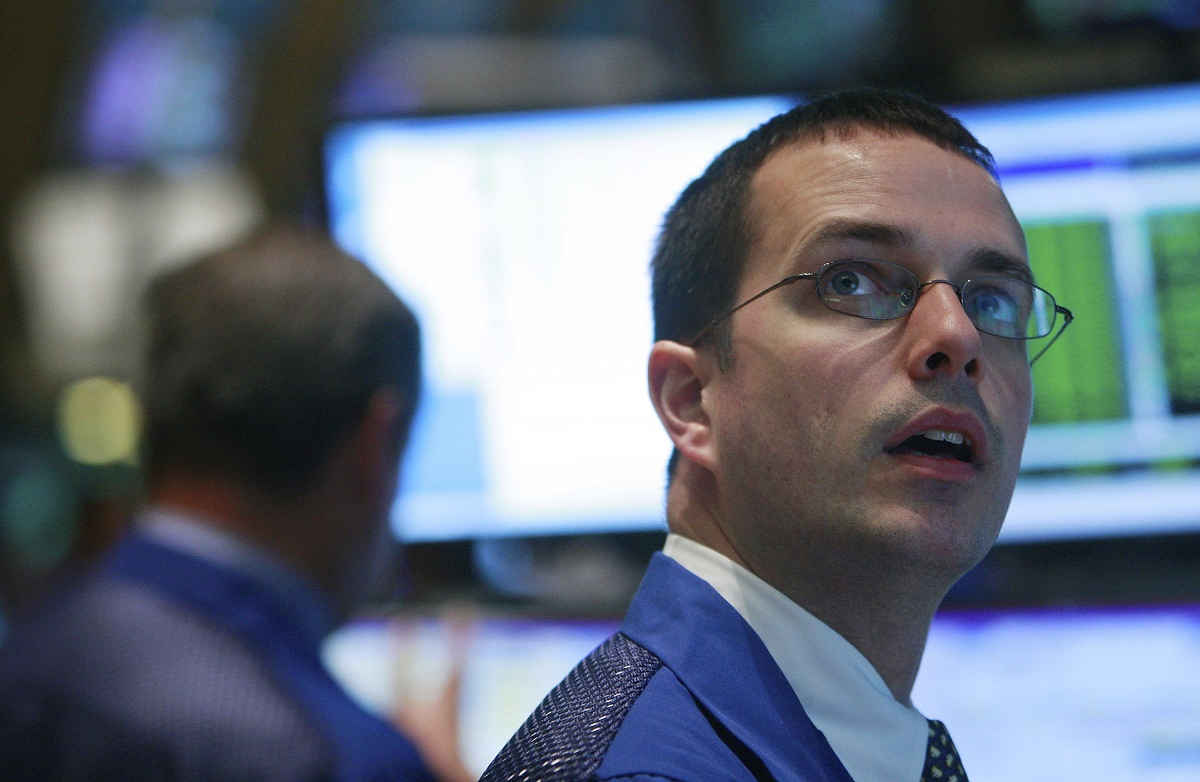When a special purpose acquisition company, or SPAC, identifies its acquisition target, it usually commits the funding it raised in its SPAC IPO along with a private investment round known as a PIPE that provides additional capital to help the business grow. In this Fool Live video clip, recorded on March 15, Fool.com contributors Matt Frankel, CFP, and Dan Caplinger discuss what a PIPE is and what investors should expect in the months after a SPAC announces its acquisition target.
Matt Frankel: When a SPAC announces its acquisition target, it generally announces that is giving all the money raised in the SPAC IPO, as well as what's called a PIPE, which stands for private investment in public equity. It is generally a fundraising round that happens at the same time of the SPAC merger in order to sweeten the deal for the company being acquired. It gives them a little more capital. I see the two of them staring at the timer. It gives them a little bit more capital.
At the time the merger closes, this is important point to know when they announce the merger and the company is getting $700 million in cash or something like that. It doesn't happen right away. There's an in-between period when the deal has to be approved. When the SPAC merger happens, the company gets an influx of cash, but it's still subject to regulatory approvals, shareholders have to approve the merger, things like that. It's not a given. Deals can fall apart.
When a deal is done, the ticker symbol changes from the SPAC ticker symbol to the new company's ticker symbol automatically. When IPOB became Opendoor (OPEN 7.80%), the change happened automatically, just showed up in people's accounts. They didn't have to worry about it. If you buy shares of the SPAC, it will automatically transition to the new company after the deal is done. That's just what to expect. There is a lag time of a few months between the announcement and when the deal is finalized. I think with Opendoor it was a little over three months between the initial announcement and when it actually started trading as Opendoor. There is some risk there. They don't actually have -- the check is in the mail, so to speak -- they don't actually have the money. While we have a little bit of time on that, do either of you have anything to add about what investors should expect?
Dan Caplinger: I do. The thing that you have to remember with the PIPE investors is the PIPE investors usually get a pretty sweet deal. A lot of the time when that merger, even before the merger is announced, definitely right after the merger is announced, those SPAC shares often jump off way above the $10-per-share mark. On some of these SPACs, you'll have $15, even $20-per-share type price levels. Especially if there's a rumor that they are merging with a hot company or something like that. The PIPEs usually get in at $10, almost always. They get a screaming deal. It's something that you have to pay attention to, because if you buy those shares at the same time, you don't get that deal.






